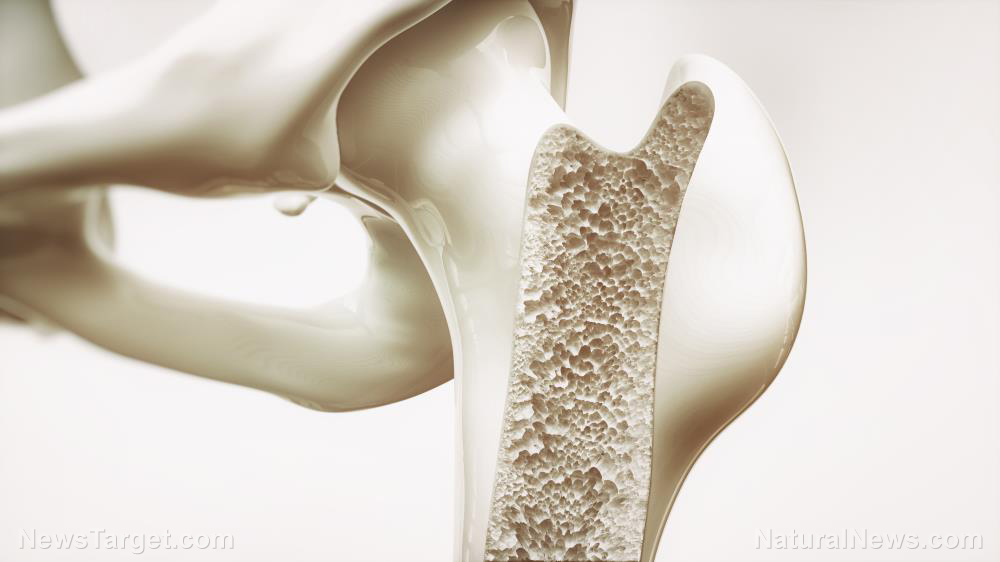
Alpha-tocopherol is the first vitamin E analog to be recognized, but eight chemically distinct analogs are now known: four (alpha-, beta-, delta- and gamma) tocopherols (TP) and four (alpha-, beta-, delta- and gamma) tocotrienols (T3).
Vitamin E deficiency can cause nerve and muscle damage that results in numbness and tingling or loss of feeling in the arms and legs, loss of body movement control or coordination and walking difficulties, muscle weakness, a weakened immune system and vision problems.
Tocotrienol better than tocopherol
When vitamin E was discovered in 1922, it was scientifically named alpha-tocopherol. Tocotrienols were only discovered in the mid-1960s and did not attract attention until the 1980s and 1990s when their powerful neuroprotective, anti-cancer and cholesterol-lowering properties were described in studies.
Dr. Barrie Tan, founder and chief scientist of American River Nutrition, is hailed as the world's foremost expert on vitamin E. He was credited with discovering tocotrienol in three major natural sources: palm, rice and annatto. To date, annatto is the only known source of the most potent forms of vitamin E that is tocopherol-free.
Tan's research showed that tocotrienol is 50 times more effective than tocopherol as a lipid antioxidant protector. His research concluded that the higher antioxidant potency exhibited by d-alpha-tocotrienol as compared to d-alpha-tocopherol is due to its higher recycling efficiency from chromanoxyl radicals; its more uniform distribution in membrane bilayer; and its stronger disordering of membrane lipids that serve as structural components of 38 trillion cell membranes within the body.
Tocotrienols possess powerful neuroprotective, anti-cancer and cholesterol-lowering properties that are not often exhibited by tocopherols. Some studies even suggest that alpha-tocopherol interferes with the helpful activity of tocotrienols. Researchers found that alpha-tocopherol, when co-administered with tocotrienols, reduced tocotrienol’s inhibitory effect on HMGR (3-hydroxy-3-methyl-glutaryl-CoA reductase), an enzyme responsible for cholesterol production.
Why you should always choose tocotrienol over tocopherol
Various studies indicate that tocotrienols offer the following health benefits: (Related: New clinical trial confirms the metabolic benefits of vitamin E supplementation.)
Suppress cancer growth
Tocotrienols have been shown to suppress the proliferation and induce apoptosis (a type of cell death) of tumor cells, including those of the breast, colon, liver, lungs, stomach, skin, pancreas and prostate.
Support digestive health
Tocotrienol is especially effective at fighting the effects of stress on the gastrointestinal system. A study on mice with ulcerative colitis published in the Journal of Nutritional Science and Vitaminology compared tocotrienol to tocopherol. It found that tocotrienol alone stopped hormonal and acidity changes related to stress. (Related: Vitamin E tocotrienols significantly lower disease-promoting triglycerides.)
Support liver health
Tocotrienol is a natural vitamin E supplement. Compelling results from a three-month study on patients suffering from nonalcoholic fatty liver disease, a condition currently affecting 25 percent of American adults, notably showed patients in the annatto tocotrienol-supplemented group lost an average of 9.7 pounds and improved their fatty liver index score by 11 percent, with associated liver enzymes and C-reactive protein decreases. The 2019 study was electronically published in Pharmacological Research.
Support a healthy cardiovascular system
Tocotrienols' cardioprotective effects are mediated through their antioxidant mechanisms and blood-thinning and cholesterol-lowering properties, both of which may benefit stroke survivors. (Related: Vitamin E tocotrienols protect the heart and prevent metabolic syndrome.)
Support brain health
Some brain health conditions, including dementia, Alzheimer's and other forms of brain decline are linked to free radical damage. Tocotrienols may be able to fight a specific inflammatory factor that is related to brain health problems. A study published in The Journal of Biological Chemistry in 2000 reported that tocotrienols were more effective than alpha-tocopherol in preventing glutamate-induced death of HT4 neuronal cells.
Various reports suggest that tocotrienols are neuroprotective, as indicated by its ability to suppress glutamate-induced activation of c-Src kinase. Tocotrienols can also slow the course of Parkinson's disease as published in the Polish Journal of Pharmacology.
Support healthy skin
Because tocotrienol is an antioxidant, it may help reverse or slow skin damage due to free radicals. A study published in the Journal of Dispersion Science and Technology in 2009 suggests that applying tocotrienol vitamin E to the skin could prevent wrinkles and help the skin look or appear youthful.
Support eye health
Possibly owing to their antioxidant effects, tocotrienols offer protection against cataract development.
In a study published in the Asia Pacific Journal of Clinical Nutrition, tocotrienols have been shown to have helped in improving ocular conditions related to abnormal blood vessel growth, such as macular degeneration and diabetic retinopathy, the leading cause of adult blindness in the West. Alpha-tocopherol does not have this effect, and in fact, appears to be directly antagonistic to the antiangiogenic effects of tocotrienols.
An in vitro study in Graefes’ Archive for Clinical and Experimental Ophthalmology showed that tocotrienols may be employed as anti-scarring agents during glaucoma filtration surgery.
Support bone health
Studies published in the International Journal of Endocrinology have shown that tocotrienol was able to prevent and even reverse osteoporosis that causes bones to become weak and brittle due to various factors like inactive lifestyle, calcium deficiencies and estrogen deficiencies in women during perimenopause and menopause.
Support healthy kidney function
A recent human clinical trial published in Nutrients demonstrated that supplementation with tocotrienol-rich vitamin E on diabetic kidney disease (DKD) – a debilitating microvascular complication of diabetes progressing to end-stage renal failure – improved kidney function parameters by significantly reducing serum creatinine levels and significantly increasing estimated glomerular filtration rate (eGFR) compared to placebo.
Support sensible weight management goals
A study published in Nutrients and in Molecules in 2019 indicated that treatment with tocotrienols for eight weeks had shown an anti-obesity effect in high-fat diet-treated mice.
Add annatto tocotrienol vitamin E to your daily routine to enjoy this antioxidant vitamin's incredible health benefits.
More related stories:
Investigating how 6-gingerol and gamma-tocotrienol can suppress cancer growth.
Watch the video below to learn more about tocotrienol vitamin E benefits to health.
This video is from the Holistic Herbalist channel on Brighteon.com.
Sources include:
Please contact us for more information.























